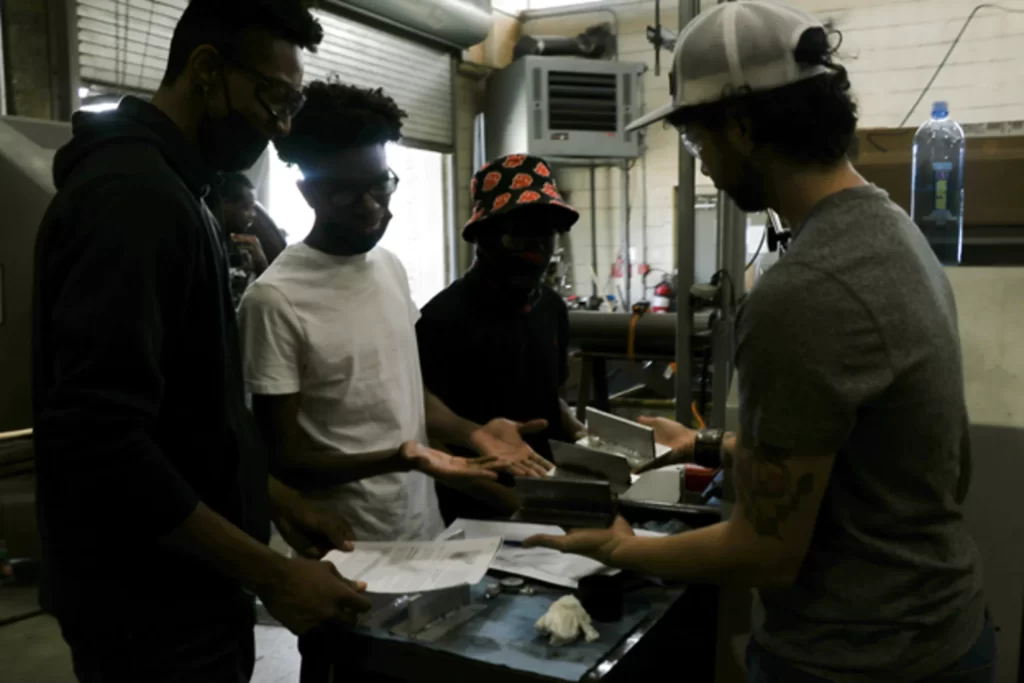In the dynamic landscape of skilled trades, adapting to industry changes is not just a choice but a necessity. The ability to be flexible in the face of evolving technologies, market demands, and economic shifts can significantly impact the trajectory of a skilled trades career.
Skilled trades have traditionally been associated with stability, but the modern era brings a different challenge: rapid change. Whether it’s the integration of automation, the emergence of new materials, or the shift towards sustainable practices, the landscape of industries like construction, plumbing, and electrical work is evolving.
One of the critical aspects of adapting to industry changes is the flexibility of skills. Vocational tradespeople today are not just adept at traditional techniques; they also embrace new technologies. For instance, a carpenter may need to master both traditional woodworking skills and the operation of computerized machinery; such skills can be learned by enrolling in technician schools. This dual proficiency keeps them relevant and positions them as valuable assets in an ever-changing industry.
The infusion of technology into vocational trades has revolutionized how work is done. From utilizing augmented reality for project planning to incorporating drones for site inspections, staying abreast of technological advancements is no longer optional. Flexibility here is not just about being willing to use new tools learned in technician schools but actively seeking to integrate them into one’s skill set.
In the context of vocational trades, adaptability goes beyond technical skills; it extends to the mindset and approach of the professional. Flexibility in the trades jobs often translates into the ability to solve problems in real time. Industries evolve, and challenges arise, but those who can think on their feet, identify solutions, and implement changes swiftly are better positioned for success. Whether adjusting to unforeseen project requirements or troubleshooting new equipment, the adaptable tradesperson becomes an indispensable problem solver.
As industries evolve, so do customer expectations. Today’s clients are often well-informed and tech-savvy. They expect not just quality craftsmanship but also efficiency and innovation. Adaptable tradespeople can meet and exceed these expectations by incorporating modern practices and ensuring a seamless experience for their clients.

Flexibility isn’t just about responding to current changes; it’s about future-proofing a career.
The learning curve in the trades jobs is not a one-time ascent but a continuous journey. An individual who values and invests in lifelong learning is better equipped to stay ahead of industry trends. This could involve taking courses on emerging technologies, attending workshops, or mentoring younger professionals. The result is a resilient, future-ready career.
While specialization is crucial in vocational trades, having a diverse skill set adds more resilience. Skilled tradespersons might excel in traditional vocational trades but could enhance their value by gaining expertise in eco-friendly trade programs like modern and eco-friendly solutions. Diversification opens new avenues and ensures that one’s skills remain in demand even as the industry transforms.
Flexibility in vocational trades also extends to collaboration and networking. Building and maintaining professional relationships is a powerful asset in an interconnected world. Whether forming partnerships with other tradespeople, collaborating on multidisciplinary projects, or networking within industry associations, adaptability is essential for a career in trades.
In the ever-evolving world of vocational trades, flexibility is the cornerstone of a successful and fulfilling career in trades. It’s not just about mastering current techniques but about being open to change, embracing technology, and cultivating an adaptable mindset. The tradesperson of the future is not just a master of their craft but a dynamic professional who can navigate the complexities of an ever-changing industry with confidence and competence.
Read More: